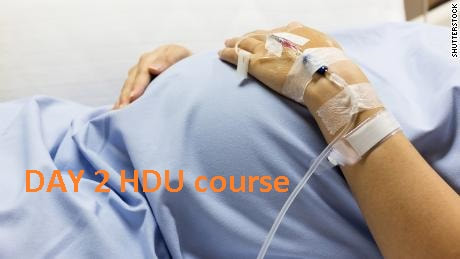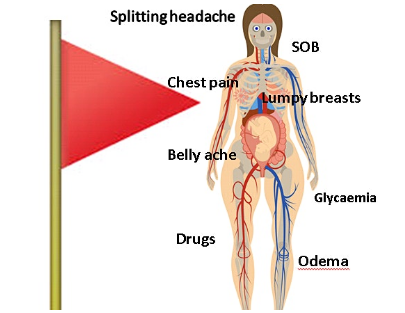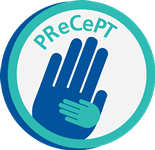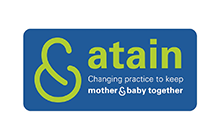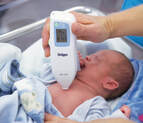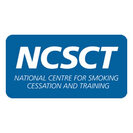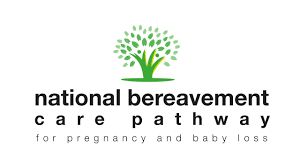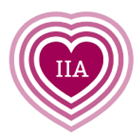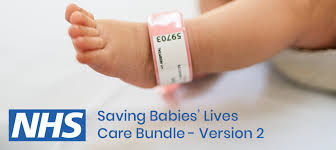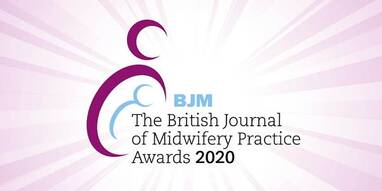Online Courses
For use by maternity staff employed within the Wessex region and not for wider circulation
|
|
|
|
|
|
|
Critical Care day 1- back to basics
Here you will find the resources to accompany the critical care day 1- virtual training day. Presentations Why Caring for Sick Women Matters ABCDE Back to basics- Observations Fluid Balance Commonly Used Drugs used in Maternity High Care Differential Diagnosis Care of Women with DKA and hypoglycaemia Workshops Online evaluations need to be submitted following the day. Click here |
|
|
|
|
|
|
Critical Care day 2- the next steps
Here you will find the resources to accompany the critical care day 2- virtual training day. Competency document. Click here Online evaluations need to be submitted following the day. Click here Presentations ABG Caring for women with higher levels of PPH Cardiac cycle Invasive monitoring NG tubes Sepsis Why caring for sick women matters |
|
|
|
|
course information
Postnatal Contraception
Please undertake the online learning module
Read the national PGD for progesterone only pill and PGD for depo
Complete the contraception quiz
Below are some useful resources and quick guides
Please undertake the online learning module
Read the national PGD for progesterone only pill and PGD for depo
Complete the contraception quiz
Below are some useful resources and quick guides
| how_to_prescribe_the_progesterone_only_pill_-_lc.docx | |
| File Size: | 117 kb |
| File Type: | docx |
| how_to_prescribe_depo_-_lc_-bp.docx | |
| File Size: | 192 kb |
| File Type: | docx |
| quick_guide_to_condoms.docx | |
| File Size: | 187 kb |
| File Type: | docx |
| contraception-after-having-baby-your-guide.pdf | |
| File Size: | 131 kb |
| File Type: | |
Contraception quiz
You can access the quiz by clicking the link or by completing the embedded quiz below
|
PReCePT
This interactive e-learning resource has been designed for perinatal healthcare professionals to support education around the administration of magnesium sulphate for neuroprotection to mothers in preterm labour. Building on current NICE guidance, and the successful roll out of the national PReCePT programme, this module will guide clinicians through the clinical benefits of administering magnesium sulphate (MgSO4) to mothers who go into labour before 30 weeks gestation. It will provide information on the neuroprotective qualities of this cost-effective and readily available drug, the detail of how it is administered and the positive impact it can have on the lives of neonates and their families.. Click here. |
|
Neonatal Jaundice
National reporting has highlighted an increase in the number of babies being readmitted with hyperbilirubinemia. Neonatal jaundice, caused by the build-up of bilirubin in the blood, is a common condition which is usually harmless, requires no treatment or responds to phototherapy. On rare occasions it can cause brain damage as a result of excess bilirubin leading to kernicterus. Click here to access a webinar on jaundice and the use of biliruibinometers 1 & 2 You can also access the Atain onlline training module for further learning on neonatal jaundice. |
|
Smoking
Pregnancy and smoking cessation. Click here Very brief advice module. Click here E-Cigarettes- a guide for Health Professionals. Click here Very brief advice on second hand smoke module. Click here |
|
Bereavement
This programme has been written to share the elements of good bereavement care. Click here It has been developed by a collaboration of charities, professional organisations and people with first-hand experience to improve bereavement care and reduce variability in care after:
|
|
Intelligent Intermittent Auscultation in Labour
An interactive resource designed to improve the knowledge, skills and confidence of midwives to undertake intelligent intermittent auscultation. Click here |
|
Saving Babies Lives
A Saving Babies’ Lives e-learning programme has been developed to support the delivery of the Saving Babies’ Lives Care Bundle Version Two (SBLCBv2) in maternity units across the NHS. The second version of the care bundle brings together five elements of care that are widely recognised as evidence-based and/or best practice, these are:
|



